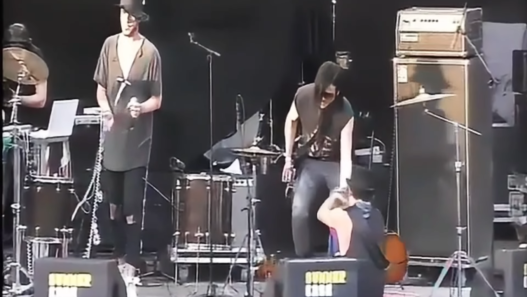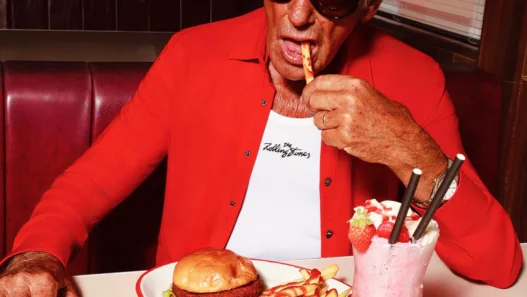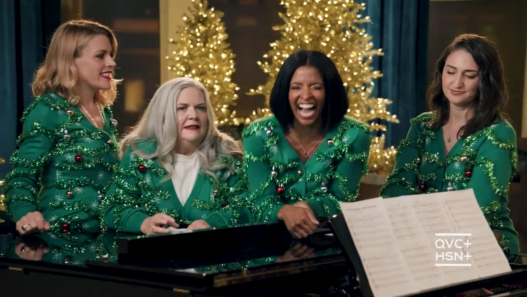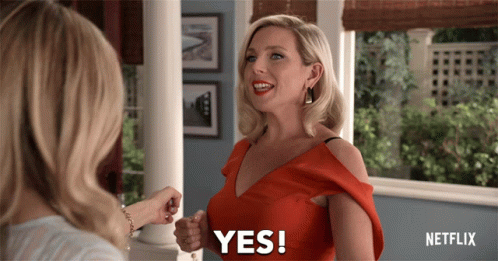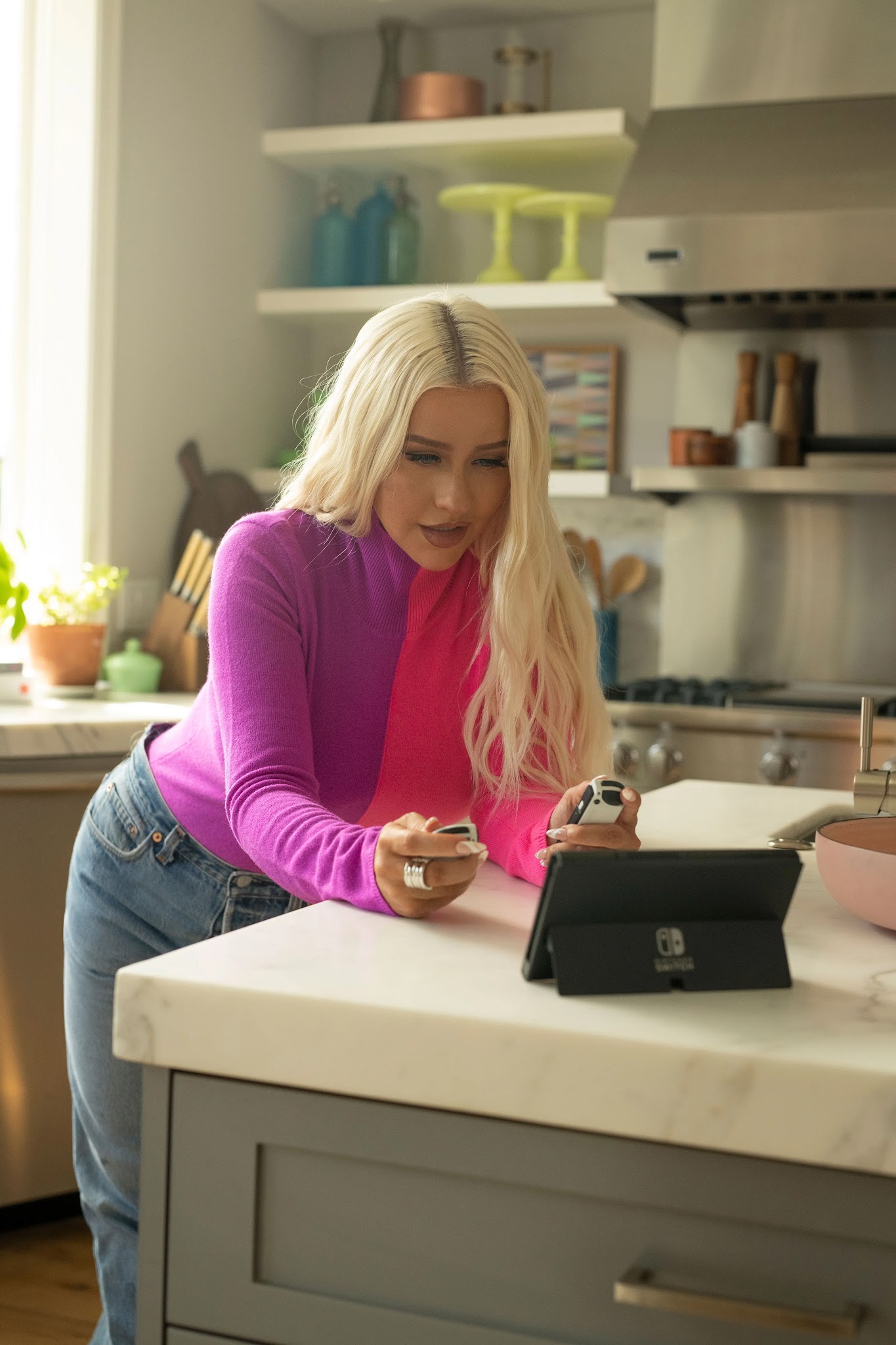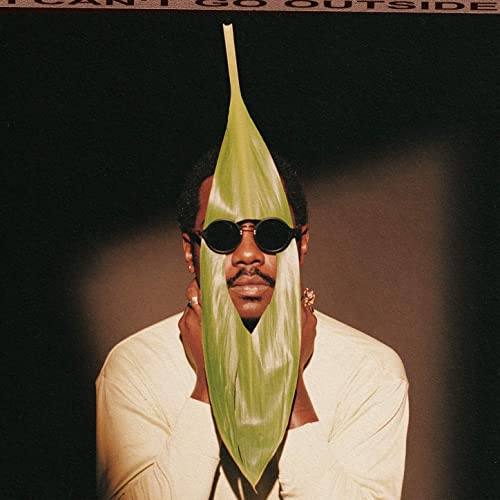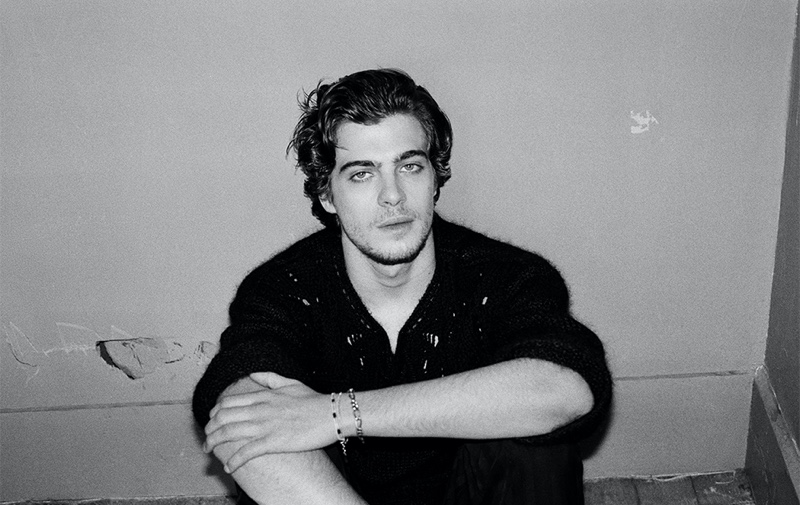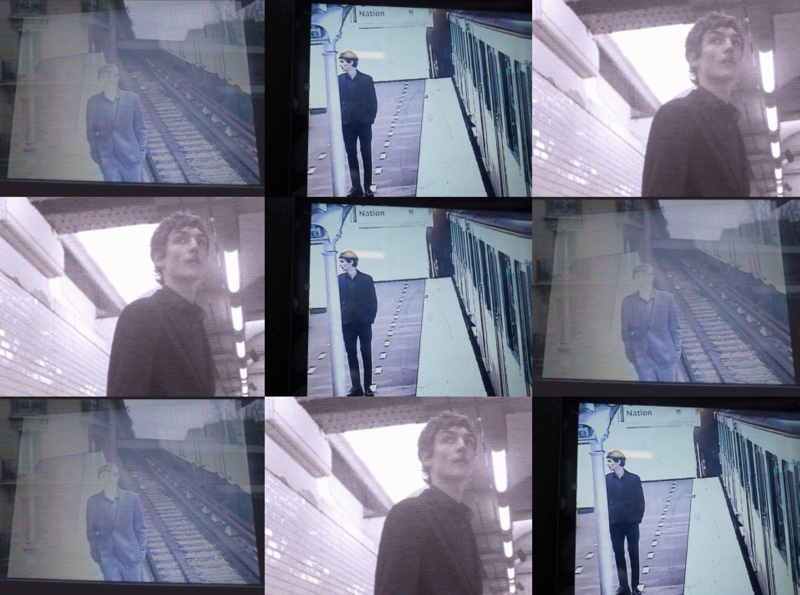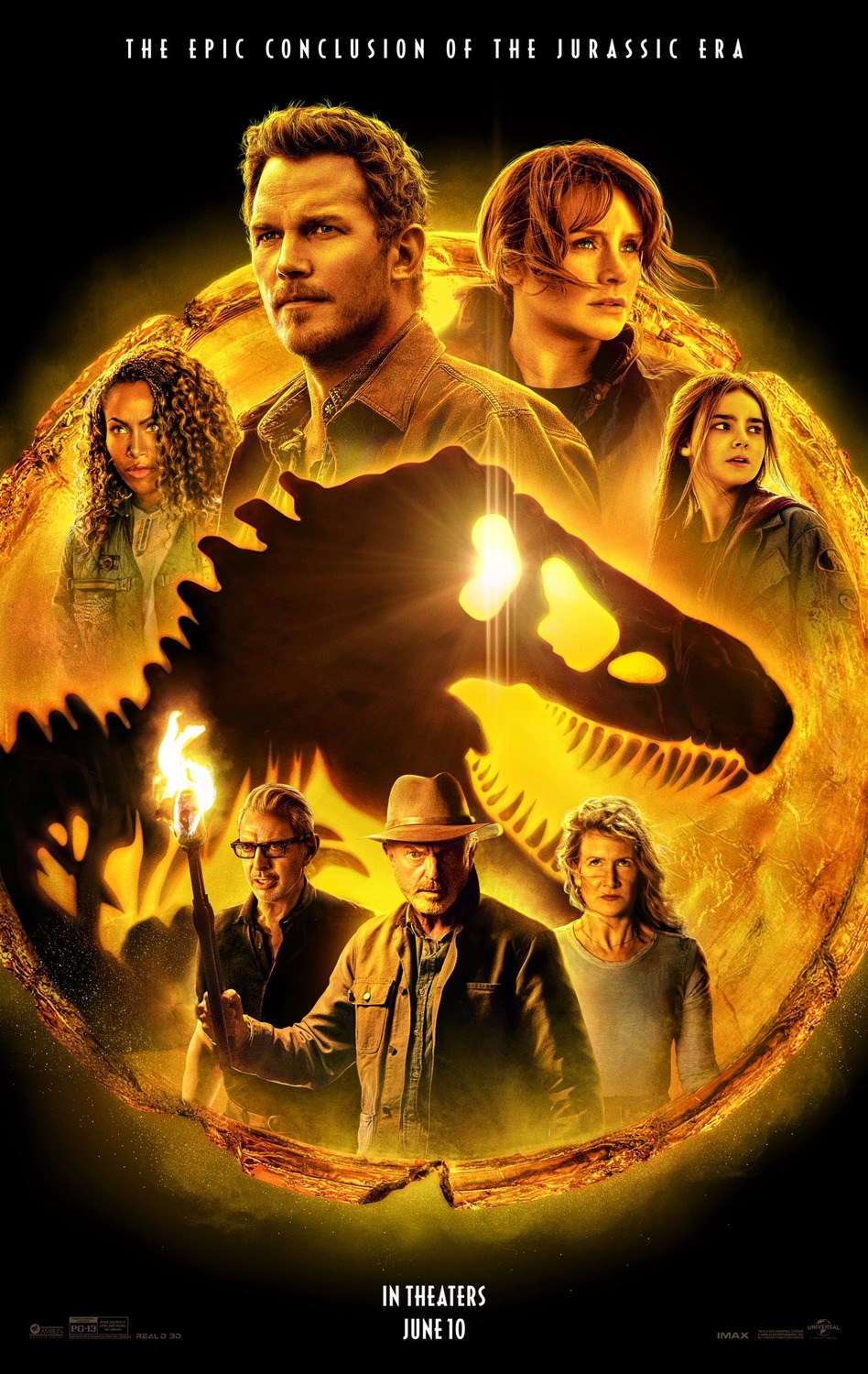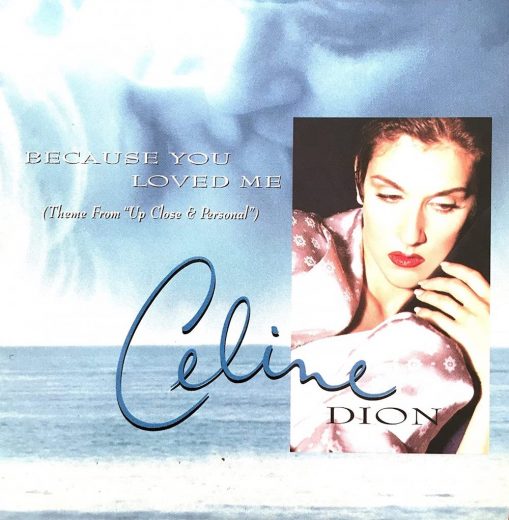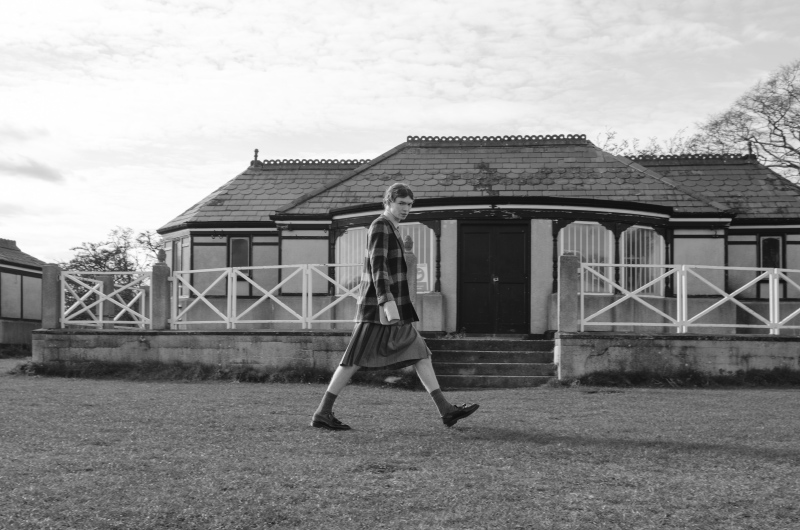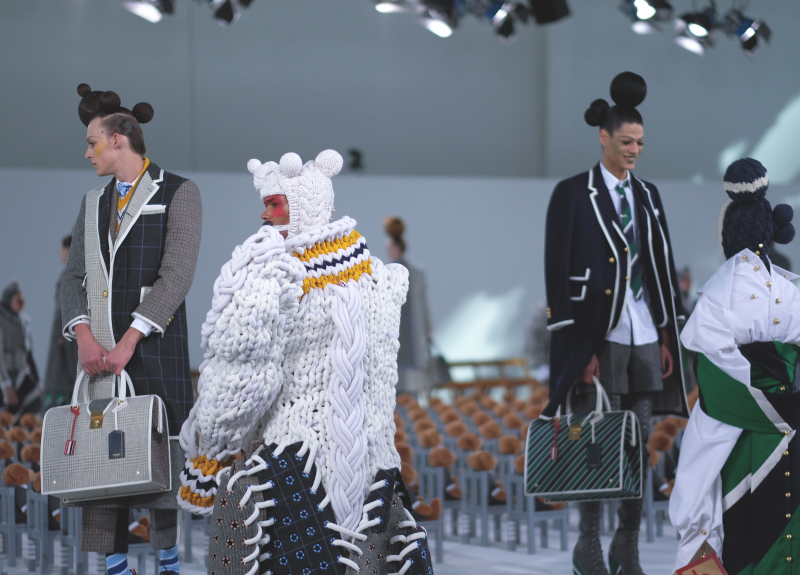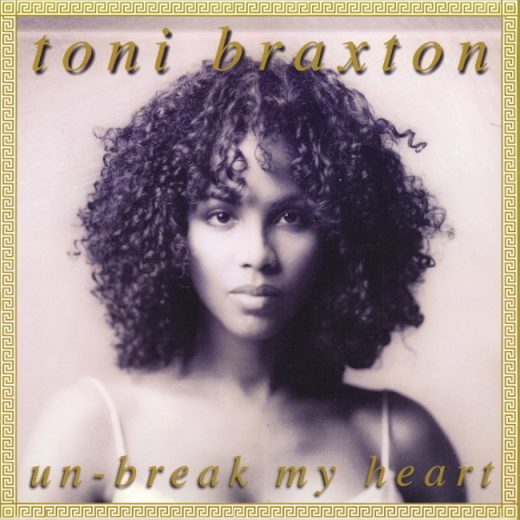INYIM Media Preferred Show Series: ‘Grace and Frankie’ Star June Diane Raphael Wrote Her Character A Spinoff Because “There’s Still A Stigma Around Women Who Don’t Have Children.”
“As of this week’s release of the second half of its final season, Grace and Frankie officially cements its place as the longest-running series on Netflix. In an environment where even popular, acclaimed shows are rarely given more than two or three seasons (see: the Bring Back The OA movement), the comedy’s tenure is particularly remarkable. “It’s more of a celebration than anything else,” star June Diane Raphael tells The Hollywood Reporter of the series’ end. “It’s hard to put into words what these last eight years have meant for all of us.”
The actress, who plays Brianna Hanson — daughter of Jane Fonda’s Grace — has been behind the scenes of dozens of comedies and believes that Grace and Frankie‘s comparatively wide audience demo is to thank for its record-breaking reign. Most of the team behind the show expected it would hit with the contemporaries of Fonda and co-star Lily Tomlin, but viewership steadily expanded, pulling in 20-somethings and beyond. “People are really connecting to the idea that the characters of Grace and Frankie are modeling a different future,” says Raphael. “It’s not necessarily expected that you would spend the later years of your life with your best friend, or building a business, or dating. It’s ultimately such a hopeful show.”
Raphael’s Brianna has struck a comedic nerve for many viewers, too — and, a screenwriter herself (2009’s Bride Wars), she eyed an opportunity. Alongside series co-creator Howard Morris, Raphael developed a spinoff (“I hate the word spinoff, but it is the word,” she says with a laugh) with her character front and center. The two penned the pilot remotely during Grace and Frankie‘s hiatus (Raphael was in Canada filming HBO Max movie 8 Bit Christmas), and then pitched the project to Netflix; the streamer sent them off to script but has yet to greenlight the series.
“Fans will see that the way the show ends, there’s more to say about Brianna’s story — in the same way that the original tackles what it means to be in your 70s and 80s, I think exploring what it means to be a middle-aged woman [like Brianna] without children or a husband is equally exciting,” says Raphael. Here, she talks to THR about the potential next step in the show’s story and her favorite memories from the Grace and Frankie set.
What has the success of Grace and Frankie meant to you personally — and professionally?
It was such a big chapter for me. I’ve had two children during the course of the show. I’ve lost a parent during the course of the show. A lot of life has happened. But there’s also something really special about working in an environment with a really close cast and crew — we’ve had the same crew the entire run — because it gives you a safety net to take creative risks. I’ve done many guest star roles, and there’s a lot of acclimating to the set, the politics and everybody’s energy, and it can be distracting. I’ve been able to be more playful on Grace and Frankie, and my work has been better because I was more comfortable. So I’m trying to take that with me into other spaces now.
Do you have insight into why this show in particular has been able to last, especially since long tenures aren’t common in streaming?
My best guess is just that the audience is so broad. Even if things are critically acclaimed, you don’t necessarily have older people and younger people coming together to watch. I didn’t really know, at the beginning, what the show was going to be. I have to say that Netflix was really incredible in giving the show space to find itself, especially in the first season. I remember early on, I think maybe during the second season, I got on a flight to go to Middle America somewhere, and I started hearing about all these people watching the show. I had been in my L.A. bubble where you really can’t tell how popular something is. I was like, “I think everyone watches this show!” (Laughs.)
Which episodes, or days on set, have stuck with you the most?
I had this moment with Lily [Tomlin], it was in season two and she has this yam lube that she’s come up with and I’m trying to buy it from her and sell it at Say Grace. The two of us have this standoff where neither of us are going to sit down first — we improvised this physical bit together. It ended up in the show and it was just so cool to do that with her. Improvising with Lily Tomlin, one of my heroes, was a career highlight.
Are there moments from the final episodes that you’re particularly looking forward to people seeing? [Four episodes released early; followed by the final 12 on April 29.]
I was really pleased with how they handled Brianna’s fiance, Barry, played by Peter Campbell. I was concerned with how we would be leaving her in the series, and worried that we would be driving too much toward a marriage. I didn’t know how it was going to play out, but I’m excited by where it did land. It felt really true to the character, and Marta Kauffman and Howard Morris did a beautiful job with it.
Were those concerns what precipitated your desire to write more of Brianna’s story?
It was actually around season four or five that I started thinking of these other stories for Brianna and really itching for more. I felt like I had more to say, and that I wanted to sink my teeth in in a bigger way. I’m so happy with everything I got to do on Grace and Frankie, but I just kept thinking that her story wouldn’t be done. There’s still a stigma around women who do not have kids and it brings up a lot for people. So I approached [the producers at] Skydance asking, “Hey, is this something you’d ever want to do?” I’m very close with Dana Goldberg and Bill Bost, they’re just incredible producers, and they said they wanted me to meet with Howard about it. Marta [Kauffman] had given her blessing, too.
So, Howard and I went off in the throes of the pandemic, when we had all that time to sit and talk about what we wanted to say about this woman who’s unapologetically powerful and really owns her sexuality and strength. We spent months, honestly, just talking through the idea that women’s currency is devalued to our culture as we get older, and a lot of times it’s the opposite for men. And we talked about what Brianna is potentially losing and gaining as she ages alone, and how a woman who is alone can create a deep fear in so many people. Once we felt we had the pilot story, we spent the next few months writing it.
You’ve pivoted so heavily into acting after starting off as a writer; what’s your current appetite for all of the wheeling and dealing that comes with getting projects off the ground?
Even though I was an actress, I thought that writing was how I had to get my start in the industry. I felt like, “I’ll take the back door in (laughs), because that’s the only way this town will have me.” But it really is grueling. I don’t have much of an appetite to do it on my own. That, to me, feels lonely. I don’t think I would get up and do it. But on [the spinoff] I was able to work with Howard and we just laughed all day long. He’s also more story-driven than I am, so he kept the trains on the track. I’ve written many pilots but never a full-on series like this. It’s not glamorous. Especially once we started shooting Grace and Frankie again, we would meet before I would go to set and then we’d have a full work day.
Do you think that comedies are better done with a partnership?
I think for me. I always loved writing with Casey [Wilson] because we would just tell stories to each other and laugh. We were mining so much from our own lives and insane things we’ve gone through, and also from our friends’ lives. So much of the comedy is connecting and relating — but ultimately there’s a cursor blinking back at you. You have to put something down on the page. But this process has been really joyful, we’ve felt so supported by Skydance, by Netflix. As far as what happens next, we shall see.
The cast of Grace and Frankie has been able to go and promote this final season out in the world, which a lot of shows haven’t done in the past two years. But it’s happening at the same time that a lot of workers are reevaluating how much they give to the job — have you done any recalibrating?
It’s so funny, because I get completely overwhelmed before a press tour. I feel like, “Oh my God, I don’t want to go do this. I don’t want to do hair and makeup.” I go through every human emotion. But at the end of the day, what I love about it is the audience, and it’s why I don’t want to do press in front of my computer with my ring light. I did Watch What Happens Live and being with that audience was so much fun, same with The Drew Barrymore Show. I actually have gotten feedback, like, just try talking to the host and not the audience. My whole body just turns to the audience. So it winds up being fun for me in the end.” – hollywoodreporter.com/tv/tv-features/grace-and-frankie-star-june-diane-raphael-character-spinoff-1235136632/
View this post on Instagram
A post shared by ItsNotYouItsMe Media (@itsnotyouitsmemedia)



